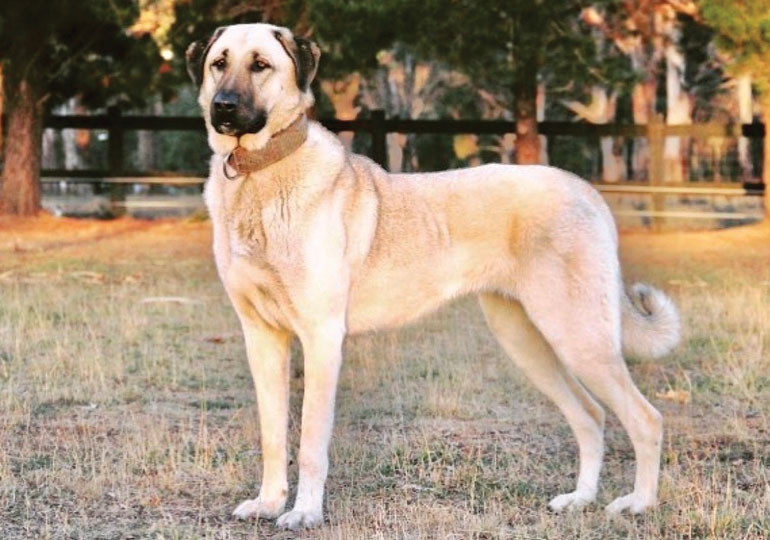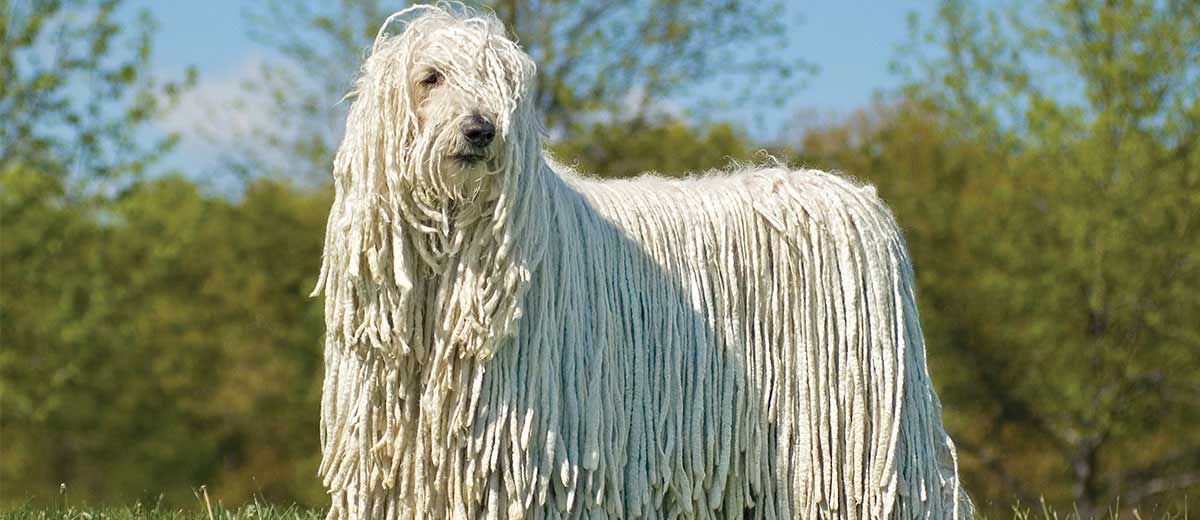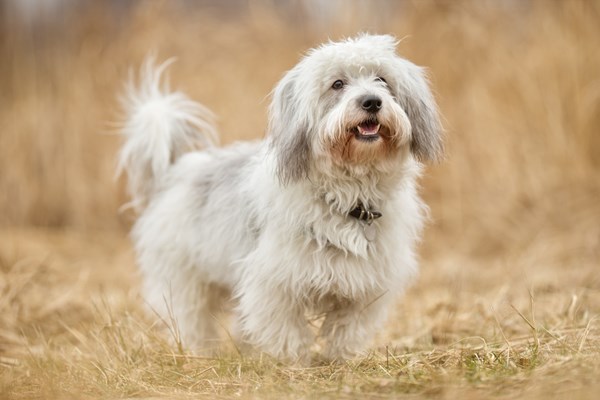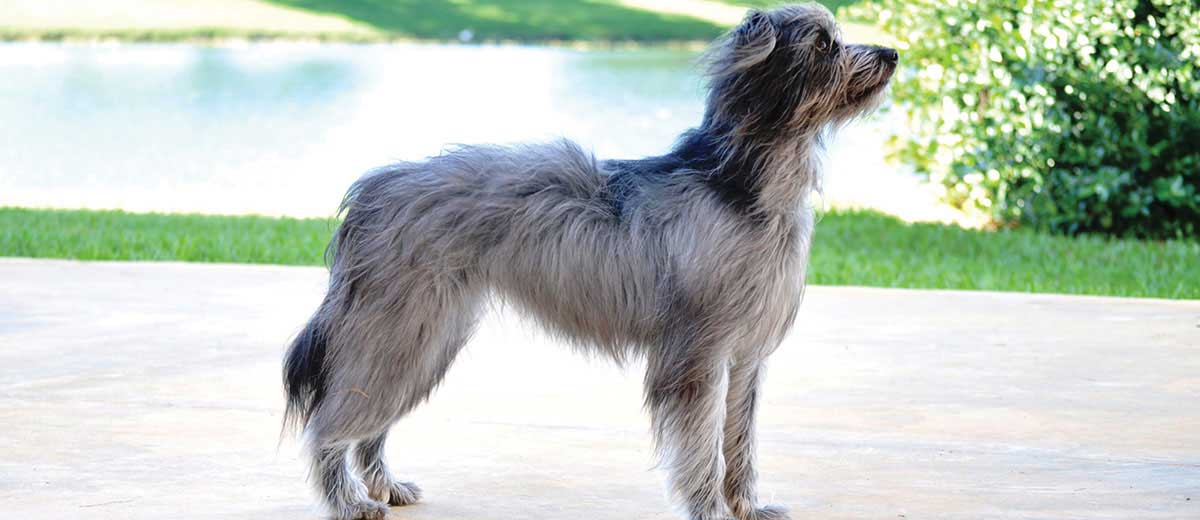Introduction
The Kangal Shepherd is a large, powerful breed of dog that originates from Turkey. Originally used to guard livestock such as sheep and goats, Kangals are known for their bravery, loyalty, and protective nature. They are highly intelligent and trainable, but require early socialization and obedience training to ensure they develop into well-behaved and well-adjusted pets. Kangals are also known for their calm demeanor and affectionate personality with their family, making them a beloved companion for those who appreciate their unique blend of strength and gentleness.
Kangal Shepherd Temperament
Kangal Shepherds are known for their protective and independent nature. They are loyal to their family and are natural guardians, often wary of strangers and other animals. While they can be stubborn at times, they are generally intelligent and trainable with consistent and positive reinforcement training methods. Kangal Shepherds require early socialization and training to help them develop into well-adjusted and well-behaved pets.
Aggression
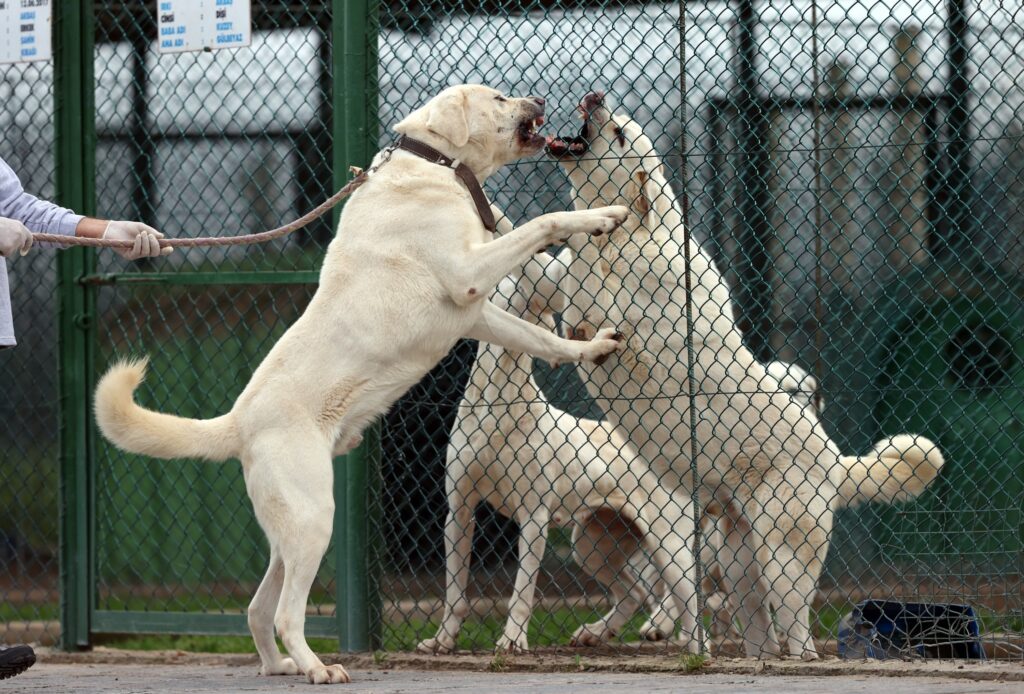
Aggressive behavior in Kangal Shepherds can arise from a variety of factors, including genetics, lack of socialization, fear, and territorial instincts. As a breed, Kangals are known for their protective nature, which can manifest as aggression towards perceived threats to their family or territory. However, it’s important to note that aggression is not a desirable trait in Kangals, and responsible breeding and early socialization can help to mitigate any potential issues.
Health and Lifespan
The reported lifespan range of the Kangal Shepherd breed is typically between 12 to 15 years.
Food for Kangal Shepherd
The best food for a Kangal Shepherd will depend on a variety of factors, including their age, activity level, and any health concerns they may have. Generally, Kangals require a diet that is high in protein and fat, as they are a large and active breed with significant muscle mass. Look for high-quality dog foods that list meat or fish as the primary ingredient and avoid foods with fillers or artificial preservatives.
Training for Kangal Shepherd
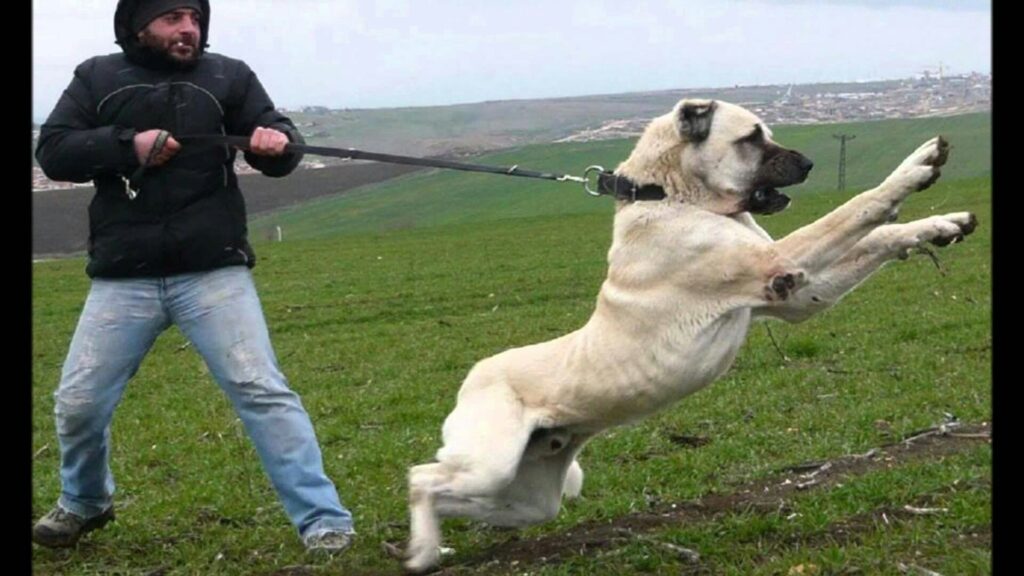
Training a Kangal Shepherd can be a challenging but rewarding experience. As a highly intelligent and independent breed, it is important to establish yourself as the pack leader and use positive reinforcement techniques to encourage good behavior.
Socialization is key for Kangal Shepherds, as they can be protective of their families and may be wary of strangers and other animals. Expose them to different people, animals, and environments from a young age to help prevent fear or aggression towards new experiences.
Conclusion
In conclusion, the Kangal Shepherd is a fascinating and impressive breed of dog that has a long history as a guardian and protector. With their loyal and affectionate personalities, Kangals make wonderful companions for those who appreciate their strength and gentle nature. However, it’s important to remember that Kangals require early socialization and training to ensure they develop into well-behaved pets. Proper nutrition and healthcare are also essential for maintaining their health and wellbeing. Overall, the Kangal Shepherd is a remarkable breed that deserves the love and respect of all dog lovers.
